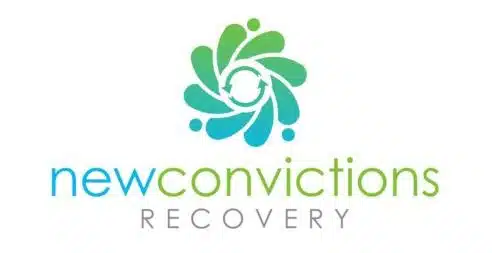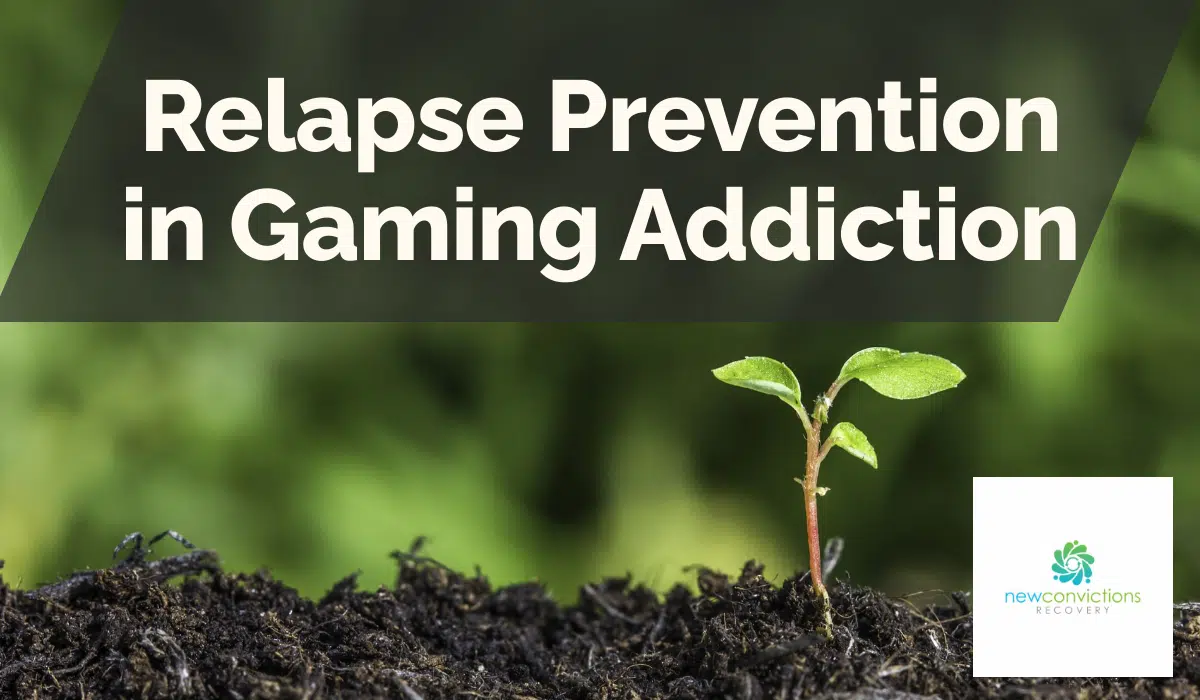Recovery from gaming addiction can be a challenging journey. While many individuals navigate this path successfully and regain a healthy relationship with gaming, others may face the risk of relapse. This article provides strategies for preventing relapse in gaming addiction, focusing specifically on individual counseling and family therapy.
Understanding Gaming Addiction
A gaming addiction can be as challenging to overcome as any other addiction. It typically involves persistent, uncontrollable use of video games that affects a person’s everyday life. Relapse, or a return to problematic gaming after a period of abstinence or control, is a common part of the cycle of addiction. Being educated about the signs and effective prevention strategies can make a big difference.
Individual Counseling
One effective tool for relapse prevention in gaming addiction is individual counseling. Therapists provide a safe, non-judgmental space where individuals can explore the root causes of their addiction. Cognitive-behavioral therapy, in particular, can help individuals identify triggering situations and develop coping strategies. Encouragement, progress monitoring, and adjustment of treatment plans are all part of the process.
FAQ Can family and friends participate in individual counseling sessions?
Absolutely! Although the session will be centered around the individual dealing with addiction, family members and friends can play a critical role in the recovery process by providing extra support and understanding.
Family Therapy
Family therapy is a powerful tool in the fight against relapse in gaming addiction. This approach involves the participation of close family members in counseling sessions, during which they learn about the nature of gaming addiction, effective communication strategies, and how they can best support their loved one in recovery.
Benefits of Family Therapy
- Strengthens familial bonds and improves communication
- Helps family members understand the dynamics of addiction and recovery
- Offers emotional support for both the individual and family
FAQ Do we need to have biological relations with the person in recovery to be included in family therapy?
No. “Family” in this context refers to anyone who plays a significant role in the individual’s life. Friends, partners, or anyone else who is part of their support network can be included in family therapy.
Conclusion
Preventing relapse in gaming addiction is a multi-faceted effort, which requires dedication, understanding, and the right therapeutic strategies. Whether it’s through individual counseling that equips people with coping mechanisms, or family therapy that enhances the entire support network’s knowledge about addiction – taking a well-rounded approach provides the best hope for sustainable recovery.

